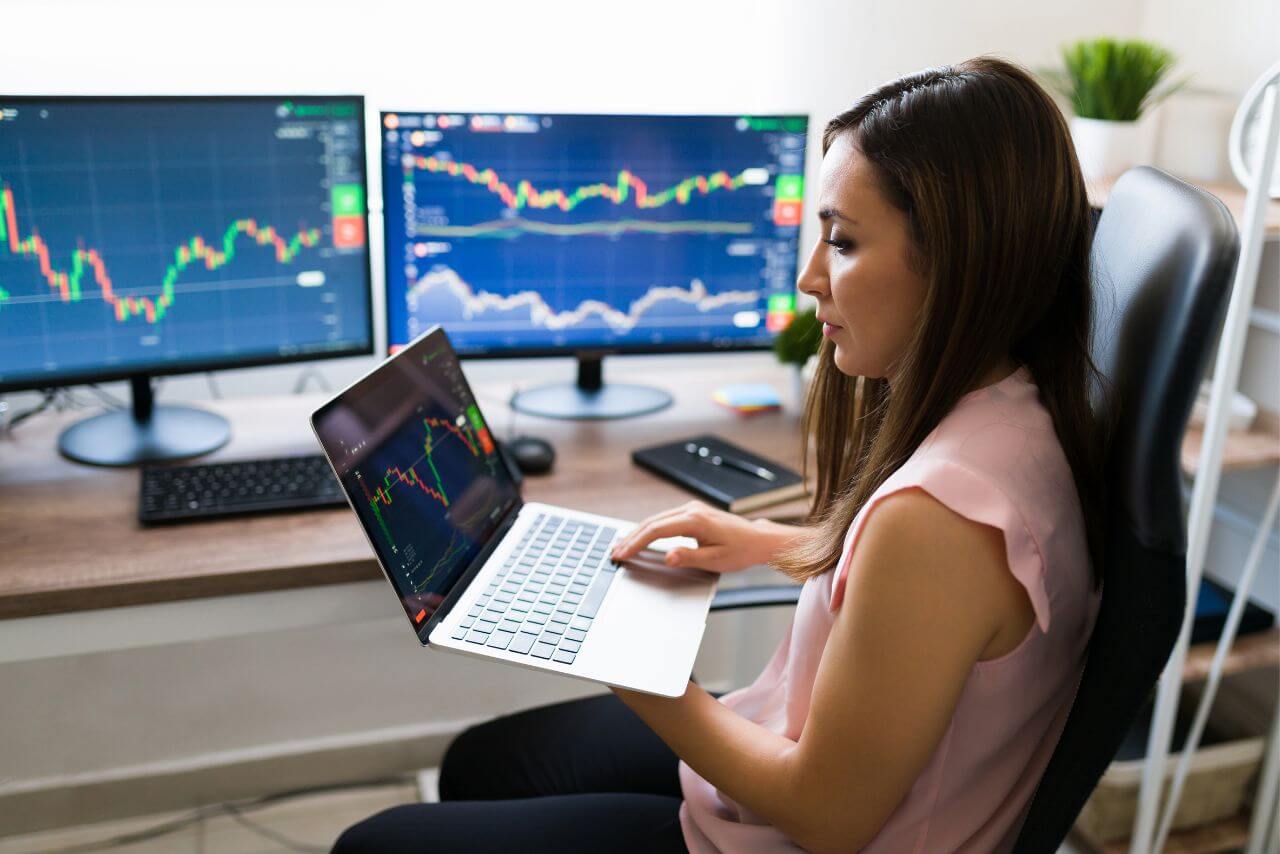Italy, a land rich in history and cultural heritage, presents a compelling narrative in its financial markets, especially in forex trading. The Euro, Italy’s currency within the broader European framework, is at the forefront of this intricate fusion of tradition and modernity. This blend is particularly evident in Italy’s approach to FX trading, where the past and the future intersect in fascinating ways.
The Italian market is deeply rooted in time-honored practices. Traditional markets, local artisans, and family-run businesses often adhere to longstanding methods, favoring cash over digital transactions. In these settings, currency is not just a means of trade but a symbol of Italy’s enduring cultural values. It represents a tangible link to a storied past, where commerce was not just an economic activity but a way of life that honored age-old customs.
Simultaneously, Italy is at the cusp of financial innovation. Fintech advancements have permeated the urban and rural landscape alike, bringing a wave of transformation. Digital banking platforms and financial startups are redefining the way Italians engage with their finances, making financial services more accessible and efficient. In the realm of FX trading, this innovation manifests in the adoption of sophisticated trading technologies. Traders in Italy now utilize advanced apps and algorithms, harnessing real-time analytics and insights to navigate the global currency market with greater precision.
Yet, alongside this technological progress, there exists a segment of the forex market in Italy that remains grounded in traditional trading philosophies. These traders, often seasoned with years of experience, rely on intuitive strategies and a deep understanding of local market nuances. Their approach to forex trading transcends mere profit-making; it is an extension of a legacy that blends business acumen with cultural depth.
This harmonious coexistence of the traditional and the modern is Italy’s unique strength in the financial sector. The Italian approach to forex trading seeks a balance, integrating the efficiency and global reach of digital platforms with the rich insights provided by traditional trading methods. This synergy allows for a comprehensive understanding of the market, where technology enhances traditional wisdom rather than replacing it.
The incorporation of technology into the traditional methods of conducting business in Italy is further evidence of a culture that places a high emphasis on the ability to adapt and acquire new knowledge. Traditional traders are becoming more aware of the potential of digital tools and are beginning to incorporate these tools into their trading tactics in order to significantly improve their market insights. On the other hand, younger traders, who are affected by the success of their ancestors, investigate the depths of Italy’s economic history in an effort to combine historical comprehension with contemporary analytical methods.
The equilibrium that Italy maintains in the foreign exchange market offers as a model for keeping a healthy balance between innovation and legacy. This demonstrates how a nation may honor its historical roots while also embracing technological breakthroughs, creating an environment in which traditional practices and contemporary approaches complement and enhance one another. This complicated dance of Italy’s financial markets, in which each step is painstakingly planned to merge history with progress, highlights the significance of the roles that each participant plays in the dance.
The manner in which Italy conducts foreign exchange trading is, in essence, illustrative of the adaptability and durability of the country. The article demonstrates how the corporate world may benefit from embracing both innovation and tradition in order to achieve successful outcomes. Italy, with its blend of conventional knowledge and technological prowess in foreign exchange trading, serves as a shining example of how historical depth and forward-thinking may come together to successfully traverse the complex world of finance that we live in today.
